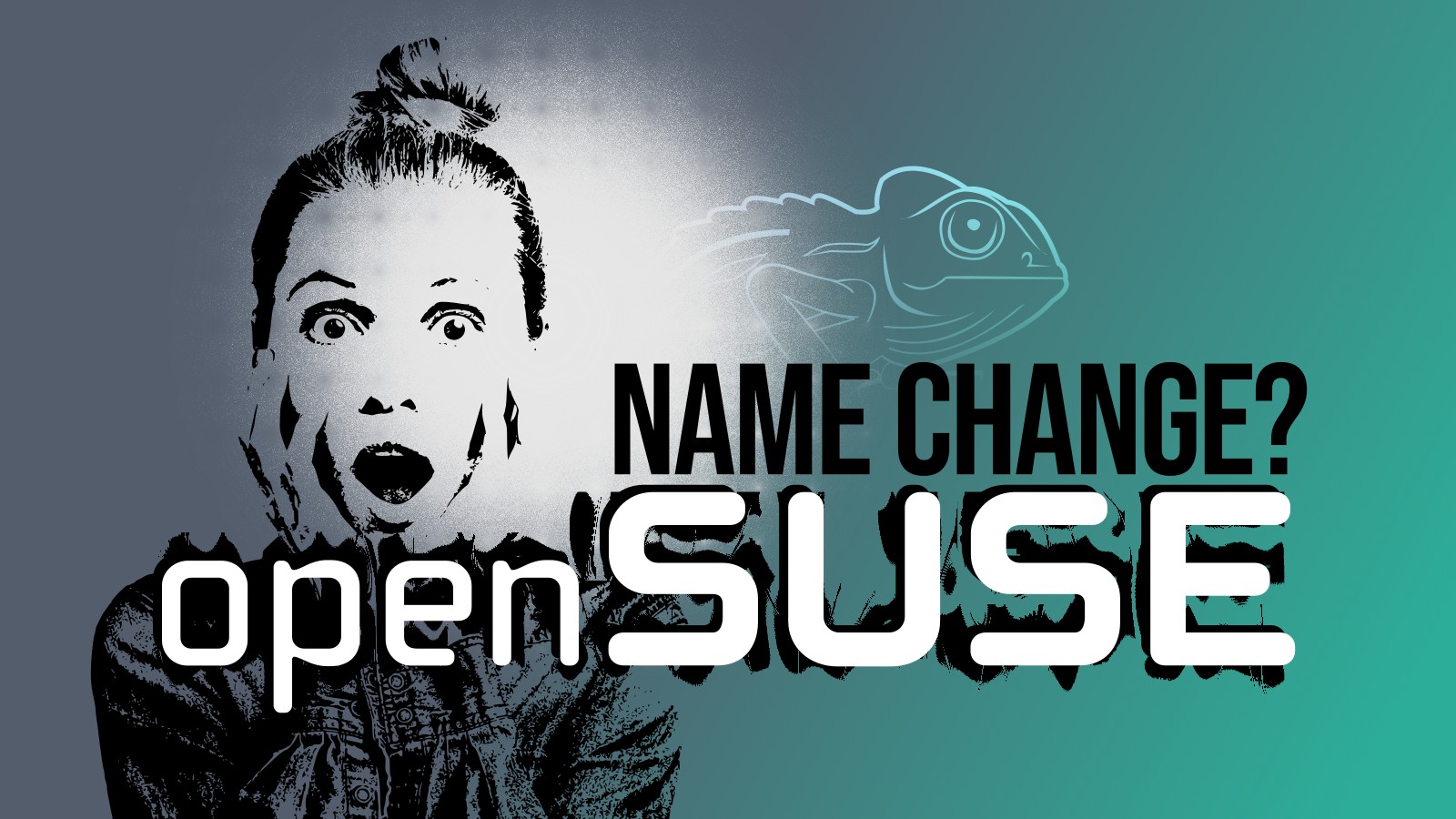- cross-posted to:
- linux@programming.dev
- cross-posted to:
- linux@programming.dev
cross-posted from: https://lemm.ee/post/37281970
Believe it or not, an unexpected conflict has arisen in the openSUSE community with its long-time supporter and namesake, the SUSE company.
At the heart of this tension lies a quiet request that has stirred not-so-quiet ripples across the open source landscape: SUSE has formally asked openSUSE to discontinue using its brand name.
Richard Brown, a key figure within the openSUSE project, shared insights into the discussions that have unfolded behind closed doors.
Despite SUSE’s request’s calm and respectful tone, the implications of not meeting it could be far-reaching, threatening the symbiotic relationship that has benefited both entities over the years.



No, I don’t think that. I *know* that because I’m active in the community.
That is absolute nonsense. SUSE mostly serves large enterprise customers. That’s an entirely different demographic from people who care about Desktop Linux or setting up a home server.
Edit:
I’m pretty sure SUSE is bigger than Canonical.
Editedit: According to wikipedia SUSE’s revenue is about twice as high as Canonical’s
And where do you think the people deciding what to buy get their information? Mind share is important.
That’s actually surprising to me, but I’d argue that Suse offers more products, it seems like Rancher, Longhorn, etc. have no canonical equivalent.
Advertisements at large airports
OMG. This is so hilariously true.
deleted by creator
Fedora is older than CentOS?
deleted by creator
Most certainly not in Linux distro community spaces, because those are completely irrelevant for them and their needs.
Almost everybody that chooses SUSE ( SLE ) does so because of SAP.
I’m surprised and happy that SUSE is still doing well. I have fond memories of using SUSE in the enterprise especially around their “perfect guest” campaign for using it in virtualized environments. I thought they had very well-baked integration with large Windows networks—things just worked out of the box that didn’t with RHEL. I’m sure a lot has changed in the last decade but I appreciated their cooperative stance in the enterprise.